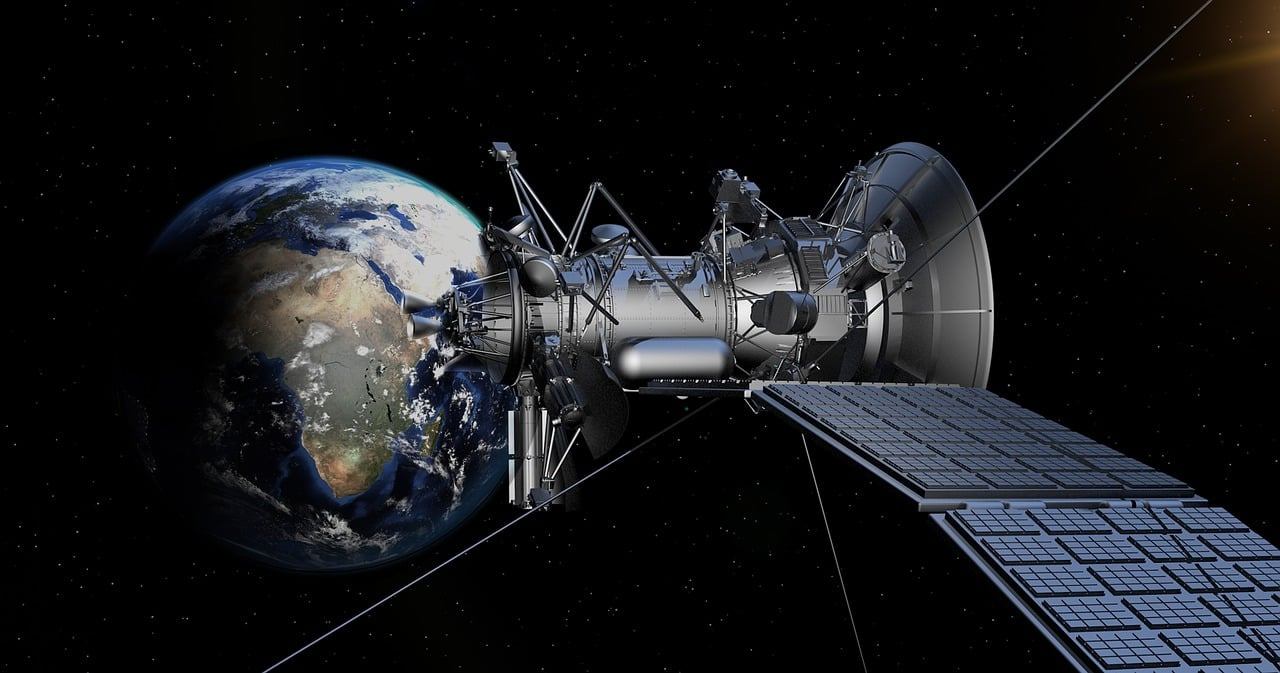Pentagon Struggles to Declassify Space Assets
At the end of 2023, Assistant Secretary of Defense Kathleen Hicks approved a new policy to lower the classification level of certain space programs.
She stated at the time that space had become an essential domain for the U.S. military. At a press conference on January 17, 2024, Assistant Secretary for Space Policy John Plumb, outlined the new policy. SAPs (special access programs) are particularly targeted.
"The previous classification was formulated in the 2000s," said J. Plumb. For some time now, members of the Pentagon have been warning of the problems caused by over-classification.
According to Plumb, the international context has changed over the last 20 years - directly referring to China, whose military budget continues to grow, and also Russia, which has transformed in the 30 years under Putin. What's more, the rapid rise of information technology is leading to a militarization of space by all the world's major players. The development of the Internet and that of GPS is refocusing security efforts on satellites, which have become a prime target for both overt and covert conflicts.
This excessive classification seems to have even caused problems inside the Department of Defense (DOD), in that it prevents the sharing of information. Here, J. Plumb deplores its sometimes political use. He points out that the fact of not being able to share information within the various departments has deprived operational staff of certain technologies. He adds that in this context, information classified as "top secret" prevents the use of private companies for research and development. For the same reasons, cooperation with allied states has been slowed down. Yet, in the context of the CSpO initiative, it is necessary for the Pentagon to share its information with its allies. Finally, J. Plumb, echoing Kathleen Hicks, deplores the fact that failure to communicate about advanced space technologies deprives the US military of a deterrent effect with its adversaries.
According to Plumb, it is therefore time to update the classification system and, in a broader sense, the DOD's space policy. No specifics on the details of this new system though, or on the new space policy.
What we do know is it's a downgrading, not an elimination of classifications. Not everything will be declassified. In fact, the details of the new policy are themselves classified. So are the DOD's plans for space combat, and much more. This is no surprise: we can't expect Kathleen Hicks to declare space an "essential military zone", and at the same time open the Pentagon's files. No reason to think the public should find out more than it already knows.
The general idea developed by Plumb is that, from now on, the DOD will classify projects at a lower level, for example secret and not top secret, or outside an SAP. Then, the various bodies or agencies themselves will evaluate with whom they share this information. Each department will therefore be able to raise the classification level or not. This gives more freedom to the various departments. And it's easy to imagine that classification decisions will be based more on technical aspects and less on political ones.
If we compare the statements by Hicks and Plumb, we can see the new space policy taking shape around two essential points: deterrence and cooperation. However, the tone is firm, with a desire to show muscle. This probably has something to do with current conflicts. So, is this going to accelerate the ongoing disclosure? The subject of Unidentified Anomalous Phenomena (UAP) is never mentioned directly. With Congress having just passed legislation to declassify information on UFOs, will this prompt the DOD to reverse its decision to classify everything on the matter as secret?
Translated from French by Guillaume Fournier Airaud
This work is licensed under CC BY-NC-ND 4.0



